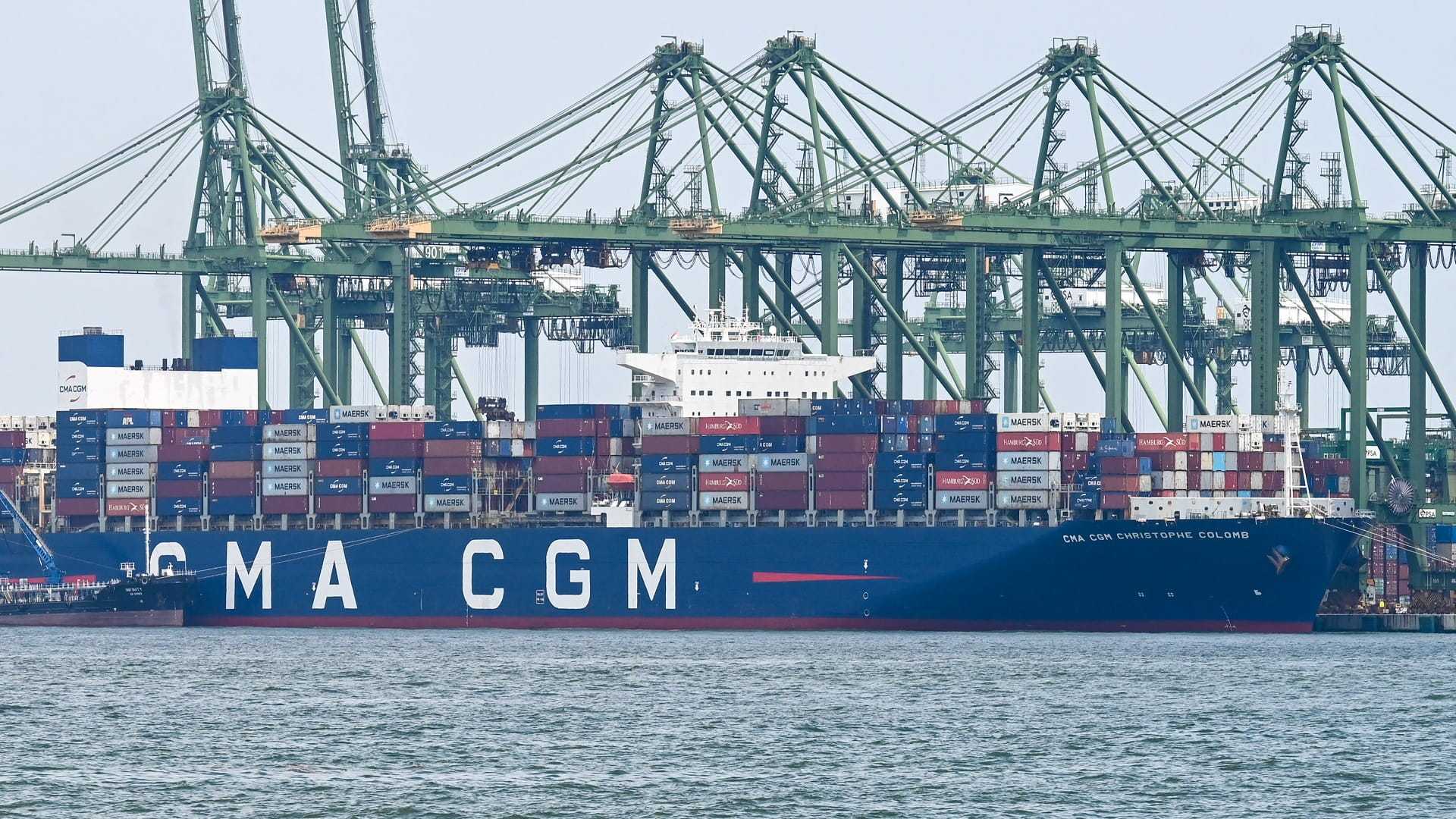Business
Singapore Exports Decline More than Expected Amid Trade Tensions

SINGAPORE – Singapore‘s non-oil domestic exports (Nodx) fell by 4.6 percent in July compared to a year ago, marking a significant drop after a revised 12.9 percent increase in June, according to data released by Enterprise Singapore (EnterpriseSG) on August 18.
The decline was sharper than the 1 percent contraction that economists had predicted in a Bloomberg poll. A notable factor contributing to the downturn was a steep 42.7 percent drop in exports to the United States, the city-state’s largest export market.
Economists noted that the fallout from front-loading orders in anticipation of higher U.S. tariffs has started to impact Singapore’s trade figures. As U.S. President Donald Trump‘s temporary reprieves from tariff increases came to an end in August, the outlook for Singapore’s exports became increasingly uncertain. Experts are concerned about potential sector-specific tariffs on semiconductors and pharmaceuticals.
DBS Bank’s senior economist, Chua Han Teng, mentioned that the troubling results for Nodx might indicate a trend of weaker exports as the year progresses, especially when compared to the stronger first half of 2025. “Singapore’s electronics and biomedical shipments remain vulnerable to potential elevated U.S. levies on semiconductor and pharmaceutical imports, which are currently under review,” Chua added.
The performance in July was partially affected by a high base from the previous year, particularly among pharmaceutical exports, where non-electronic shipments saw a decline of 6.6 percent. This was a reversal from a 14.4 percent increase in June.
Among the sectors, pharmaceutical exports dropped sharply by 18.9 percent, while food preparations and petrochemicals saw declines of 26.3 percent and 23.4 percent, respectively. In contrast, shipments of electronic products increased by 2.8 percent, supported by an 80.4 percent surge in personal computer exports.
OCBC Bank’s chief economist, Selena Ling, expressed concern regarding the tariffs, stating “the crystal ball remains murky.” She highlighted that both semiconductor and pharmaceutical tariffs could markedly impact Singapore’s trade, especially since the U.S. has hinted at raising pharmaceutical import tariffs significantly.
UOB‘s senior economist, Alvin Liew, suggested that while the immediate effects might be felt more in trade-related services, the manufacturing sector is not exempt from potential trade drag. “With trade uncertainty on the rise, we expect continued volatility in export performance,” Liew noted.
In his National Day Rally speech on August 17, Prime Minister Lawrence Wong acknowledged the risks posed by trade barriers, stating, “Small and open economies like us will feel the squeeze.” He emphasized the unpredictable nature of trade negotiations with the U.S.
EnterpriseSG has maintained its 2025 export growth forecast at the lower end of an expected 1 to 3 percent range, citing ongoing uncertainties surrounding global tariffs and trade relationships.












